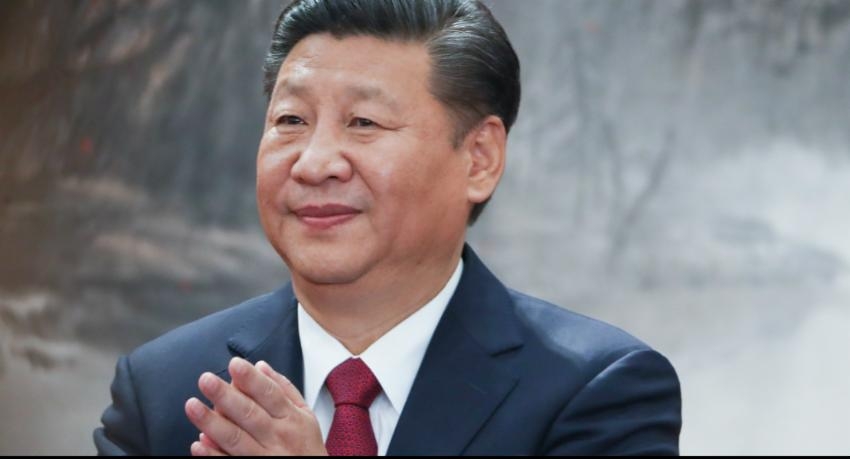Xi in peril?

The latest wave of protests in China were triggered with COVID-19 restrictions becoming increasingly stringent on the civilian population. Nationwide protests were sparked after a fire in a high-rise building in western China, killed 10 people on Thursday. It is widely believed that the residents could not escape the blaze because of Covid restrictions. China remains the only major economy with an extreme, zero-Covid policy, with local authorities penalizing even small outbreaks with mass testing, quarantines and impromptu lockdowns. Xi's prized zero-COVID policy has proved unsustainable. Tight policies have led to a fall in Chinese productivity and a stagnation in its economy; is Xi paying for his 'costly' obsession with tight security?
For the first time in decades the voices of China's younger generation have escaped their strongholds to dissent not only against the government's COVID 19 restrictions but also against the authoritarianism of the Chinese Communist Party (CCP). Some audacious university students have even gone as far to condemn the presidency of Xi Jinping with demands for him to step down. The demonstrations are unprecedented and risky as students at Tsinghua University in Beijing, an elite school that is Xi’s alma mater, called for “democracy and rule of law!”.
Xi has two options available to him, to placate or crack down on the young, inspired protesters. The longer the dissent proceeds, it will keep augmenting the pressure on Xi and the CCP, posing a dilemma for the authoritarian regime. Swift adjustment and easing of controls on the part of the government will defuse tensions between people and power, and additionally, it will prevent further suffocation of economic growth. Contrastingly, a severe crackdown of the protestors would add salt to an already festering wound. An uncompromising response to dissent would prove fatal to China's position as a global hegemony and Xi will undoubtedly get entangled in a policy trap that he has set up for himself.
The protests pose perhaps the most formidable threat to Xi's government since he took office three terms ago, and the method in which he deals with the dissent will determine the fate of the CCP and himself. We are not seeing the beginning of the end of the CCP, instead the world is closely watching what the party's next moves will be to prelude the dissent from spiraling out of control. Already, the immediate response is censorship of the media to disallow dissenters from discussing and spreading their 'revolutionary' fervor.
The real threat to the authority of the CCP will become visible with deepening factions within the party; and this disunity would eventually result in a compromising position for Xi to hold the party together. What does this threat to China's internal stability mean for its position internationally? Often, autocracies albeit ahead of their counterparts in the race for world domination, struggle to sustain this position as they become plagued by threats to its internal security.
